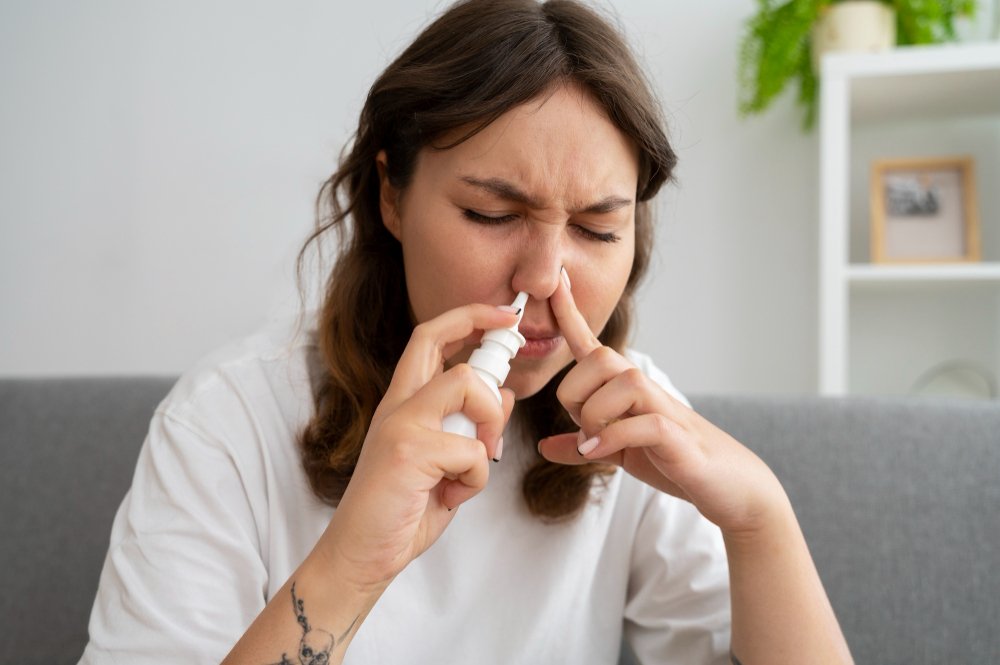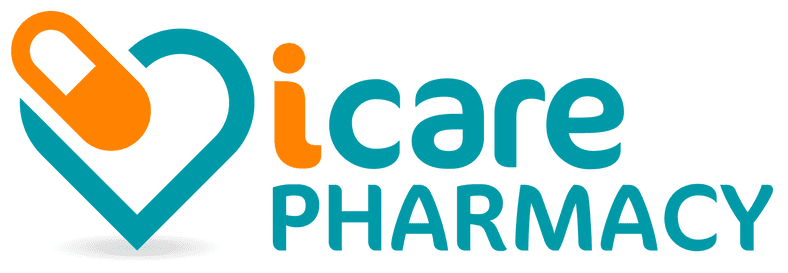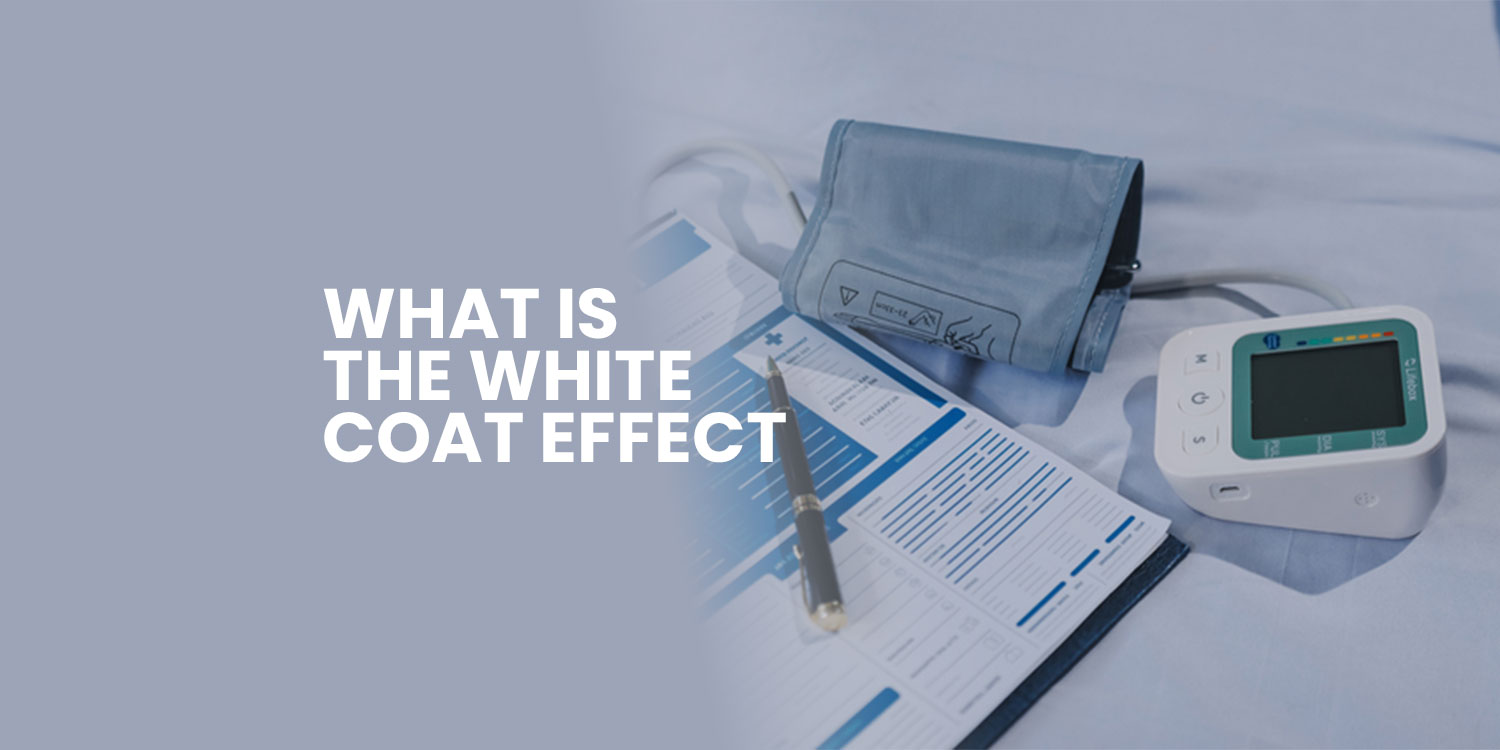When Over-the-Counter Medications Backfire: The Truth About Rebound Congestion
Over-the-counter (OTC) medications can be a lifesaver when you’re dealing with a stuffy nose, allergies, or a lingering cold. Decongestant nasal sprays and pills provide quick relief, allowing you to breathe easier and go about your day. But what if I told you that continued use of these medications might actually make your symptoms worse in the long run?
This phenomenon is known as rebound congestion, a condition where prolonged use of nasal decongestants leads to a worsening of nasal blockage once the medication is stopped (Slavin, 2021). Let’s break down how this happens and what you can do to avoid falling into this cycle.
What Causes Rebound Congestion?
Rebound congestion, also called rhinitis medicamentosa, occurs when nasal decongestant sprays like oxymetazoline (Afrin) or phenylephrine are used for more than a few consecutive days. These medications work by constricting blood vessels in the nasal passages, reducing swelling and providing temporary relief (Sulzbach & Hastan, 2020). However, with continued use, your nasal passages become dependent on the medication to stay open. When you stop using the spray, the blood vessels dilate excessively, causing even worse congestion than before (Patel & Hwang, 2018).

Signs You Might Have Rebound Congestion
If you’ve been using a decongestant spray for more than three days and you notice that:
- Your congestion worsens after the medication wears off
- You feel like you need to use the spray more frequently for relief
- The medication doesn’t seem to work as well as it did initially
You may be experiencing rebound congestion (Slavin, 2021).

How to Break the Cycle
Getting off nasal decongestants can be tough, especially if you’ve been relying on them for relief. But don’t worry—there are ways to recover and breathe freely again without dependency on medication. Here’s what you can do:
- Stop Using the Spray Gradually – Instead of quitting cold turkey, try using the spray in just one nostril at a time while allowing the other to recover naturally (Patel & Hwang, 2018).
- Switch to Saline Nasal Sprays – Unlike decongestants, saline sprays help keep your nasal passages moist and clear without causing dependency.
- Use a Steroid Nasal Spray – Prescription corticosteroid sprays like fluticasone (Flonase) or mometasone (Nasonex) can help reduce inflammation while you wean off decongestants (Sulzbach & Hastan, 2020).
- Try Steam and Hydration – Inhaling steam from a hot shower or using a humidifier can help loosen congestion naturally.
- Consult Your Pharmacist or Doctor – If symptoms persist, your healthcare provider can help with a plan to safely discontinue use and suggest alternatives.

The Takeaway
OTC medications can provide effective short-term relief, but when used improperly, they can lead to worsening congestion and dependency. Always follow the recommended usage instructions—typically no more than three consecutive days for decongestant sprays (Slavin, 2021)—and explore alternative methods for managing nasal congestion.
If you or someone you know is struggling with rebound congestion, don’t hesitate to reach out to a healthcare professional for guidance. Your nose will thank you in the long run!

References
Patel, Z. M., & Hwang, P. H. (2018). Rhinitis medicamentosa: What an otolaryngologist should know. American Journal of Rhinology & Allergy, 32(3), 212–217. https://doi.org/10.1177/1945892418759351
Slavin, R. G. (2021). Management of rhinitis medicamentosa. Allergy and Asthma Proceedings, 42(1), 12–15. https://doi.org/10.2500/aap.2021.42.200083
Sulzbach, L. M., & Hastan, D. (2020). Nasal decongestants and rebound congestion: The forgotten condition. Pharmacy Times. https://www.pharmacytimes.com/view/nasal-decongestants-and-rebound-congestion-the-forgotten-condition




